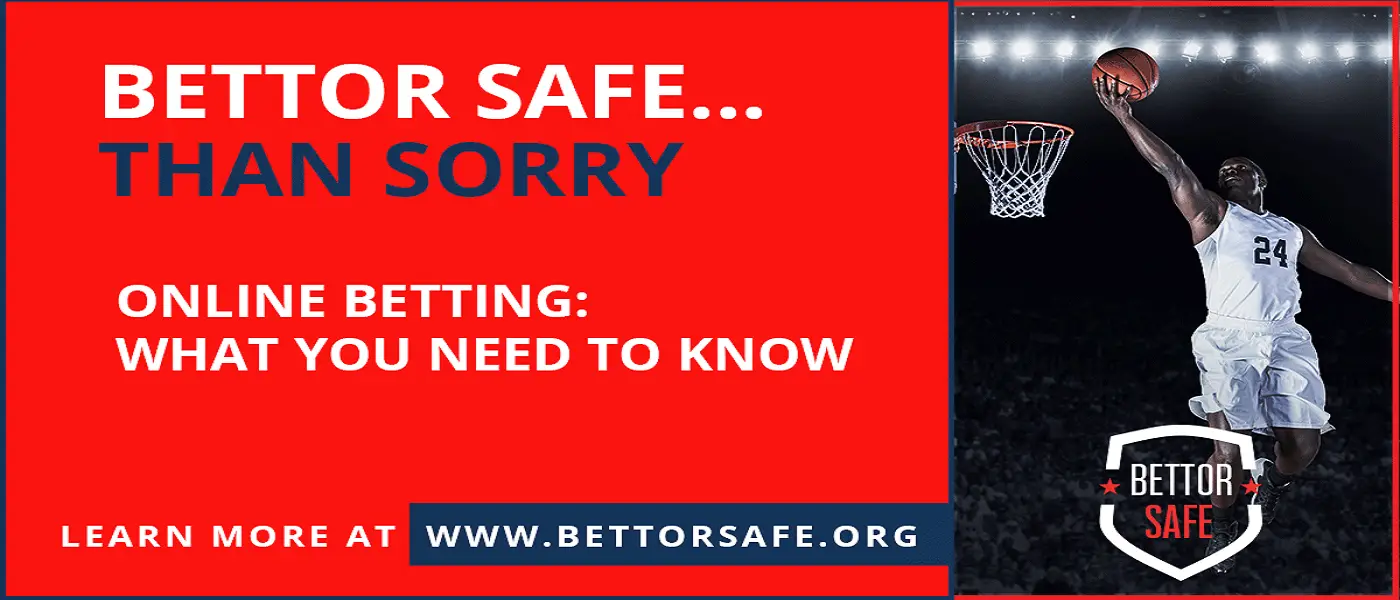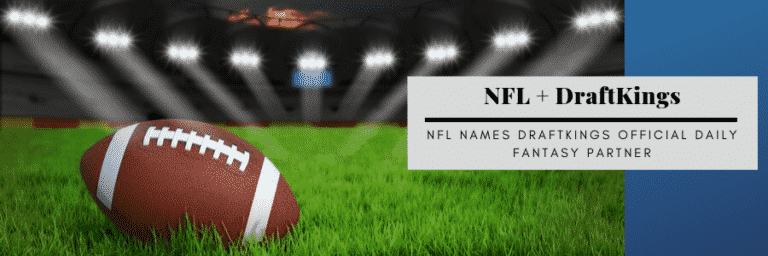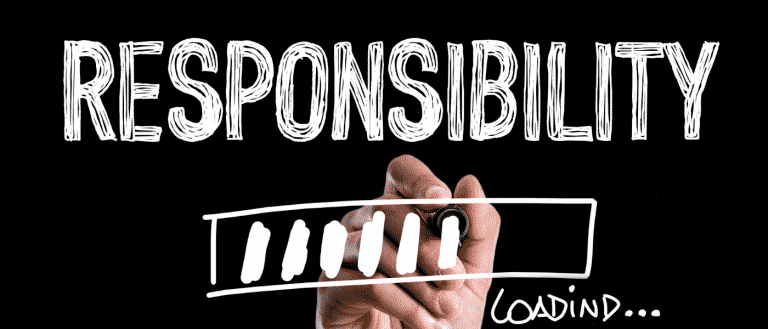Bettor Safe: Conscious Gaming Online Gambling Education Tool

Among the factors tamping down the legal US online gambling industry are consumer awareness and conflation between state-licensed online gambling sites and unlicensed offshore betting sites. A new initiative launched this week by Conscious Gaming called seeks to remedy the situation.
The campaign’s key objective is to educate US gamblers on the legality of online casinos and betting sites. The Bettor Safe campaign attempts to do this by informing players about the advantages of playing at licensed gambling sites while highlighting the risks involved in playing at unlicensed ones.
Bettor Safe piggybacks on Conscious Gaming’s other efforts in the responsible gaming space, including its multi-state self-exclusion tool PlayPause.
According to a press release, Bettor Safe is “a national campaign to educate consumers about the risks of betting on illegal websites and the benefits of legal and regulated gaming options if they choose to wager.”
Along with a national hub, Bettor Safe kicked-off with two state-specific campaigns, Bettor Safe New Jersey and Bettor Safe Pennsylvania, with plans to launch other state-specific sites in the future. The campaign will also feature national media ads and locally focused ads in the two online gambling states it targets, Pennsylvania and New Jersey.
Bettor Safe New Jersey
The Bettor Safe New Jersey campaign stresses consumer education in a format that’s not overwhelming. Visitors to the website will find:
- A brief overview of which forms of online betting and gambling are legal in New Jersey
- Straightforward lists of which online sportsbooks and casinos hold NJ Division of Gaming Enforcement licenses
- Simple methods to identify which betting sites are legal, such as noting that NJ-licensed operators do not accept cryptocurrency deposits
- Examples of the NJDGE and Responsible Gaming logos every licensee must display on its betting website and mobile app
- Links to local and national resources for help with problem gambling, consumer complaints, and law enforcement agencies
Bettor Safe Pennsylvania
The website mirrors the New Jersey edition, but with information tailored to Keystone State gamblers:
- A link to a page on the PGCB website that lists all online sportsbooks, casinos, and poker sites licensed by the PGCB
- A note that licensed Pennsylvania betting sites do not accept cryptocurrency deposits
- Who Pennsylvania bettors can contact for complaints and dispute resolution
- Sample logos from the Pennsylvania Gambling Control Board (PGCB) all licensed operators must display
- A list of national and state-level problem gambling organizations
The Importance of Educating Gambling Consumers
Seth Palansky, the Vice President of Conscious Gaming, spelled out the importance of teaching consumers how to choose the betting sites and what to avoid.
“Bettor Safe underscores Conscious Gaming’s commitment to consumer protection and safety by directly educating individuals about the risks of unregulated online betting,” said Conscious Gaming VP of Corporate Social Responsibility & Communications, Seth Palansky. “This campaign comes at a pivotal moment when American sports fans are gearing up for the NCAA basketball tournament amid a pandemic that continues to push individuals online. Now more than ever we must educate consumers and equip them with the tools to make more informed decisions about online betting.”
A Deep Dive into Bettor Safe
The Bettor Safe website consolidates numerous state laws, regulations, and information into an easy-to-find and, more importantly, an easy-to-understand hub for potential bettors can reference. What would typically take hours of research can now be accomplished in seconds.
The Bettor Safe website houses everything from an interactive map explaining where online gambling is legal and what forms of gambling these states offer to lists of licensed betting sites to images of the state seals required on legal online gambling sites.
The site also offers bullet points listing the differences between licensed and offshore sites players should look for before they register an account.
According to Bettor Safe, legal operators will:
- Pay out your winnings.
- Protect your identity.
- Promote responsible gaming.
- Be accountable to regulators.
- Ensure fair play through tested and regulated software.
- Support state economies
Illegal operators can:
- Rob you of your winnings.
- Steal your identity.
- Fuel problem gambling.
- Offer zero accountability to consumers and regulators.
- Stack the deck against consumers.
- Deprive states of needed revenue.
It’s also important to note that Bettor Safe doesn’t prioritize operators. The website contains zero affiliate links or suggestions on which sites are superior. Listed sites are alphabetized with no particular preference.
The Need for Consumer Awareness
Legal betting options are spreading across the US, but (AGA) suggests confusion is far from uncommon. As Conscious Gaming relays, the AGA research notes that “35% of individuals are unaware if online betting is legal in their states and many more, deceived by illegal operators, are wagering on unregulated sites.”
This same lack of awareness is seen in survey results conducted in Pennsylvania and New Jersey’s established markets by Conscious Gaming and in a recent survey in the newly launched Michigan market conducted by .
Bettor Safe’s goal is to address this misinformation “by providing easy-to-find, consumer-facing resources about legal online betting, with the Bettor Safe website serving as an educational hub.”
“The regulator community sees, firsthand, the risks that illegal gambling present to consumers and state governments. We cannot cede the established rules and safeguards of regulated internet gaming to offshore websites that have zero accountability,” said the North American Gaming Regulators Association (NAGRA) in a statement in support of Bettor Safe. “NAGRA is pleased to support Bettor Safe and we encourage all stakeholders to rally behind this campaign to educate consumers and stamp out unregulated internet gambling.”






